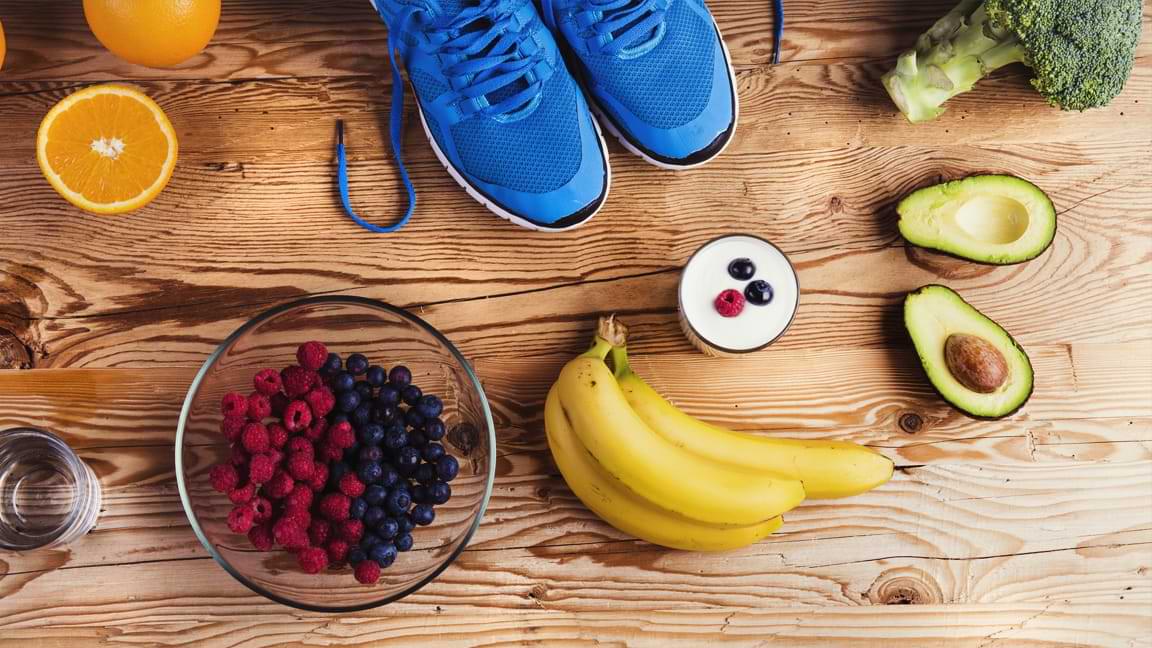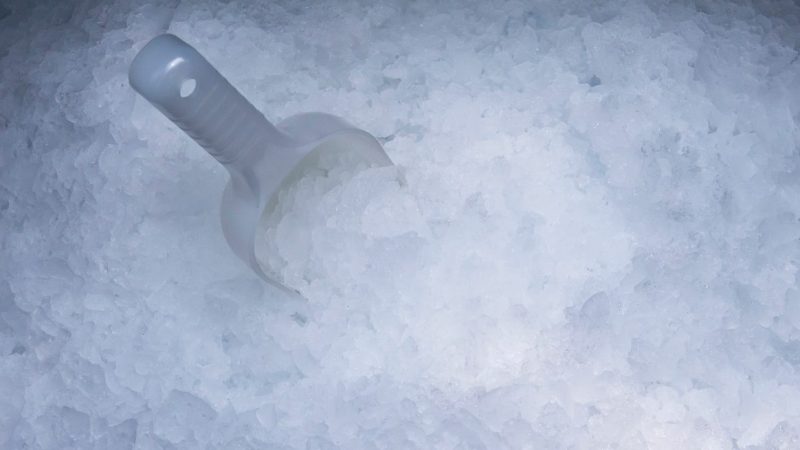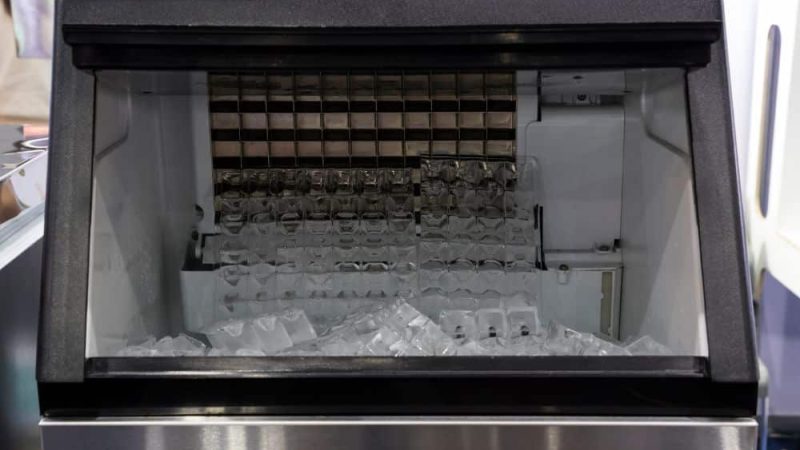Tips for Fuelling Your Body When Increasing Exercise in Later Life

Exercising in later life is an important part of staying fit and healthy, and enjoying a fantastic quality of life as we get older. It’s normal for fitness and energy levels to drop as we age, and this can be more noticeable if you have never exercised regularly. The good news is that it’s never too late. Even if you have never been what you would consider fit, and are already noticing the signs of aging, increasing exercise can still make a huge difference to your health and well-being. But if you are going to push your body harder you need to make sure that you are giving it the fuel that it needs to stay strong and to keep your energy levels up. Here are some tips to help you to fuel and nourish your body when increasing exercise in later life.
Get Professional Advice
Before increasing exercise, you should get some advice. If you have any health conditions or concerns, or if you are very overweight or unfit you should make an appointment to see your doctor before starting any kind of exercise. It can also be worth joining a Fitness Center for Adults that caters for the needs and goals of people of your age. They’ll be able to offer you the best advice, help you to set appropriate goals, and stick with you as you reach them. They also offer nutrition tips, to make sure you are giving your body what it needs. Many people find this approach is much easier and safer than going it alone.
Learn More About Your Nutritional Needs
Our nutritional needs change as we get older, and unfortunately for many, this coincides with a reduced appetite, making it hard to meet those needs, or even to eat enough calories to exercise safely. Speaking to your doctor, or a nutritionist about your specific needs can help you to make sure you are eating enough of the right things.
Increase Calorie Intake
Unless you are exercising specifically to lose weight, you’ll need to eat more calories to boost your energy levels and avoid weight loss, as you increase your energy output. Some people increase their calorie intake by eating larger potions at mealtimes, or by adding an extra portion of vegetables, but some prefer to add healthy snacks before or after workouts.
Try to Get into Routines
Some people like to eat large meals before exercising so that they are full of energy when they start exercising. This can be effective, but it’s not for everyone. You may prefer to eat a few hours before a workout and have a snack afterward. Find what works for you and try to stick to it as much as possible.
Eat More Protein
As we get older it becomes much harder to build muscle. In fact, most of us start to lose muscle mass fairly quickly without the right exercise plans. A high-protein diet can make it easier to build muscle. Protein also gives you more energy and can reduce recovery time after a workout, which is especially important when you are doing something new, as you are more likely to have aches and pains the day after. Foods that are high in protein include:
- Lean meat
- Poultry
- Dairy
- Eggs
- Seeds and nuts
- Grains, beans, and pulses
Boost Omega-3 Intake
We spend much of our lives trying to avoid too much fat, but actually, the good kinds of fat, like Omega-3s can be an essential part of a balanced diet. They can also help you to reduce muscle loss and increase the rate of muscle building when you exercise. Great sources of Omega-3 include:
- Flaxseeds
- Mackerel
- Salmon
- Cod Liver Oil
- Kippers
- Sardines
- Flaxseeds
- Chai seeds
Prioritise Vitamin D
As we get older, we need to supplement our vitamin D intake, as our bodies aren’t as good at processing vitamin D from sunlight as they were when we were younger. If you increase exercise without good levels of vitamin D, you may feel tired and weak or find that you get injured more easily. You can get vitamin D from the sun, but also from some foods and supplements.
Hydrate
Fuelling your body for exercise means eating more of the right things but it also means rehydrating. Make sure you drink more water on workout days, even if you are enjoying gentle exercises like walking and swimming, and don’t feel as though you are getting sweaty.
Remember to Refuel
It’s normal to feel tired after exercise, especially if you aren’t used to it. Make sure you have a glass of water, and a sweet snack like fruit if you feel tired.
Most people can continue to exercise into old age, and making sure you eat the right things will help you to do it safely.






